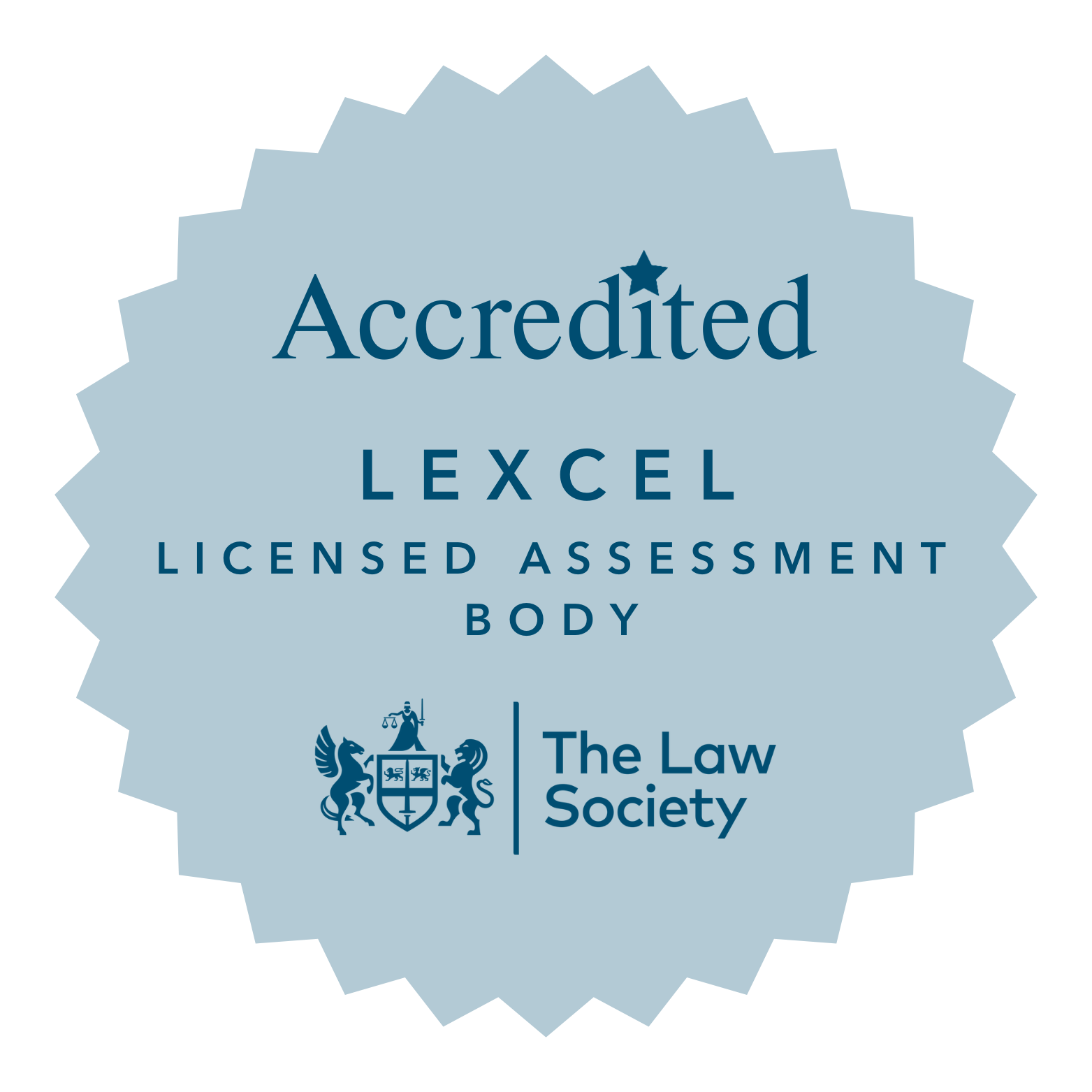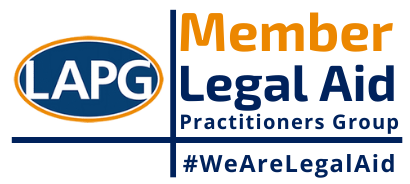New Revised Practice Direction 12J – Child Arrangements and Contact Orders: Domestic Abuse and Harm
On Thursday 14 September 2017, Sir James Munby, President of the Family Division issued a revised Practice Direction 12J (PD 12J) of the Family Procedures Rule 2010 which came into force on 2 October 2017.
The Practice Direction (PD) applies to any family proceedings in the Family Court or the High Court. It explicitly applies to the following three scenarios:
1. To any application made for a Child Arrangements Order v;
2. If any question arises during proceedings about where a child should live; or
3. When a question arises about contact between a child and a parent, or any other family member, and the court is to consider whether an order should be made.
The PD was revised to set out what the court must do in cases where it is alleged or admitted, or there is reason to believe, that the child or any party to the proceedings has been a victim of domestic violence perpetrated by another party in the proceedings, or that there is risk of domestic violence taking place.
The main changes introduced by the PD are as follows:
1. The presumption of contact can now be displaced.
This presumption applies when the court is considering making, varying or discharging a Section 8 Order or Special Guardianship Order, which is opposed.
S.1 (2A) of the Children Act 1989 (amended by the 2014 Act) states that ‘a court … is as respects each parent…to presume, unless the contrary is shown, that involvement of that parent in the life of the child concerned will further the child’s welfare’. S.1 (2B) defines ‘Involvement’ as ‘involvement of some kind, whether direct or indirect, but not any particular division of a child’s time’.
In applications relating to Child Arrangements Order, the court is to presume that a parent’s involvement in their child’s life will further the child’s welfare unless there is conflicting evidence. The court must carefully consider whether the statutory presumption applies, paying specific attention to any allegation or admission of domestic abuse towards the child or parent, or any evidence that domestic abuse is likely to occur. If this test is met, the presumption will be displaced. The court must now also consider the parent with care of the child and not only the child.
The definition of harm has also been expanded from just ‘harm’ to ‘harm by domestic abuse’.
The presumption can be displaced, as it always could, however now the court must also carefully consider whether the statutory presumption in S.1 (2A) applies.
2. The PD is mandatory
The wording in the new PD has been changed from ‘The court should…’ to ‘The court must…’.
3. The court must be satisfied any contact ordered does not expose the ‘other parent’ and/or the child to risk of harm from the domestic abuse perpetrator
Paragraph 5 of PD 12J now states that the court must ensure that any contact ordered with a parent, who it is alleged has been a perpetrator of domestic violence, is in the best interest of the child and does not place both the child and the other parent at risk of harm.
4. The definition of ‘domestic abuse’ is widened and specifically includes cases of ‘abandonment’
The definition of domestic abuse has been widened to include forms of abuse such as forced marriage, honour based violence, dowry related abuse and transnational marriage abandonment.
Paragraph 3 of PD 12J also defines ‘abandonment’ as when a husband, residing in England and Wales, deliberately abandons or leaves his foreign national wife stranded abroad without financial means in order to prevent her from obtaining matrimonial and/or residential rights in England and Wales. This also includes children who are abandoned with their mother or are separated from the mother.
5. Changes to arrangements at court
The court ‘must’, instead of ‘shall’, ensure ‘so far as practicable that appropriate arrangements are made for the hearing including the waiting arrangements and arrangements for entering and exiting the building.’ This is to prevent any chances of the domestic abuse victim being vulnerable or at risk of harm when attending court.
6. There is a presumption against making interim contact orders where there are disputed allegations of domestic abuse
In cases involving domestic abuse, this change now raises a presumption against interim contact. It is for the domestic abuse perpetrator to satisfy the court that should contact take place, the child and the domestic abuse victim will not be at risk of harm. This revised stance applies to when a fact-finding hearing has been directed or ‘where disputed allegations of domestic abuse are otherwise undetermined’.
PD 12J also solidifies the prohibition in paragraph 12 and now prevents the court from making any interim Child Arrangement Order in the absence of CAFCASS safeguarding checks. The court ‘must not’ make such orders unless it is to ensure the safety of the child and to safeguard them from harm.
The provision at paragraph 14 of PD 12J states that at the earliest opportunity, or at the First Hearing & Dispute Resolution Appointment (FHDRA) the court must record on the face of the court order whether domestic abuse is an issue which is will likely be relevant to any decision, ‘relating to the welfare of the child, and specifically whether the child and/or parent would be at risk of harm in the making of any child arrangements order’, to be made by court.
7. There are mandatory requirements as to what court conclusions must be recorded in orders or schedules to orders
If the court orders for a Section 7 report to be provided before reaching a decision, either orally or in writing, the court must ask for information about any advice given by the Officer to any of the parties. They must also ask whether the parents or the child have been referred to any other agency, including the Local Authority.
The new PD now provides that where admissions are made, at any hearing, of domestic abuse toward any party or child, this must be recorded in writing and set out in the schedule to the court order.
The court must now record its reasons if it determines that a fact finding hearing is not necessary (paragraph 18).
8. Introduction of the ‘expert safety and risk assessment’
In all cases where domestic abuse has occurred, whether or not determined following a fact finding hearing, the court must, if considering any form of contact or involvement of the domestic abuse perpetrator parent in the child’s life, they must consider whether it will be necessary to instruct an expert, whether it be a psychiatrist, psychologist or independent social worker to undertake an assessment, including an expert safety and risk assessment, that will address the factors set out in Paragraph 36 of PD 12J.
9. Introduction of the concept of whether the risk of harm is unmanageable or manageable
In cases where there has been domestic abuse and when considering whether to make a Child Arrangement Order the court must ensure that any order made will not ‘expose the child to an unmanageable risk of harm and will be in the best interests of the child’ (paragraph 35).
Where domestic abuse has been established ‘the court should apply the individual matters in the welfare checklist with reference to the abuse which has occurred, and any specialist assessment obtained’ (paragraph 36). The court should also consider the conduct of both parents towards each other and to the child as well as the impact this has had.
10. The court is now required to give reasons for making a contact order with a domestic abuse perpetrator why making the order will not expose the child to risk of harm
The new PD provides that the court must not just consider that contact with a domestic abuse perpetrator is safe but also why contact will not expose the child to risk of harm.
11. Where a risk assessment has concluded that a parent poses a risk to a child, or the other parent, contact via a supported contact centre or supported by a parent or relative is no longer appropriate
The court is now specifically prohibited from ordering such contact. Previously this was at the court’s discretion.
The introduction of PD 12J is expected to bring changes to the way in which the Family court deals with domestic abuse cases. In the circular released by Sir Munby when PD 12J was issued he concludes:
‘Domestic abuse in all its many forms, and whether directed at women, at men, or at children, continues, more than forty years after the enactment of the Domestic Violence and Matrimonial Proceedings Act 1976, to be a scourge on our society. Judges and everyone else in the family system need to be alert to the problems and appropriately focused on the available remedies. PD12J plays a vital part.’
By Ashleigh Kunaka
Paralegal to Amanda El-Guerissy and Hannah Fairhurst


